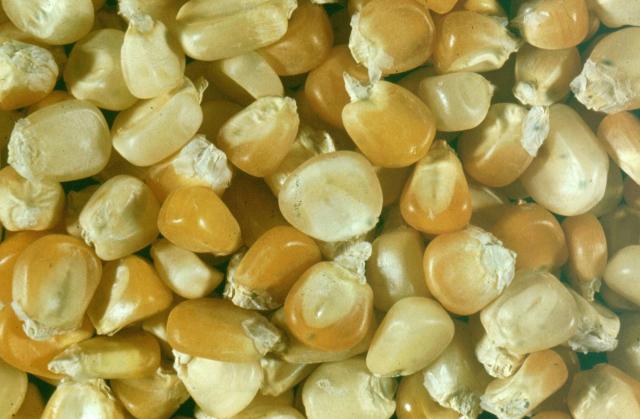
The hot spell experienced in the country over the past few weeks ended a few days ago with heavy rains pounding most parts of the country.
The Standard Editorial
The rains were a welcome relief to farmers, most of whom have started planting their crops in earnest. An above-average rainfall pattern has been predicted this agricultural season, and farmers can look forward to a bumper harvest if the forecast by the Meteorological Office anything to go by.
What is however worrying, and needs to be urgently addressed, is the presence of fake seed sellers in the market. Mbare Musika is said to be the hub of this thriving illegal business where people travelling to many rural destinations are targeted at the terminus.
The dealers tempt the travellers by offering low prices for seed varieties that are expensive in the shops. Most of these buyers have little time to check on the authenticity of the seed often packaged in genuine seed packs.
Reports indicate that this problem is fast spreading to the other parts of the country. In Chinhoyi, a man who supplied fake seed to some shops was caught recently in possession of 253 x 10kg new SeedCo empty plastic bags, electric sealing and stitching machines and rolls of sewing thread in his bedroom.
Cleary, these nefarious activities are detrimental to the country’s quest for food security as uncertified seed is known for its poor germination rate, which would ruin any farming activity.
Zimbabwe cannot be assured of a good harvest if farmers are not protected from these unscrupulous dealers that engage in a practice that has long-term implications for food security.
- Chamisa under fire over US$120K donation
- Mavhunga puts DeMbare into Chibuku quarterfinals
- Pension funds bet on Cabora Bassa oilfields
- Councils defy govt fire tender directive
Keep Reading
We urge the police to intensify efforts to clampdown on these fake seed dealers before they wreck the lives of many families whose livelihoods are depended on farming, even if only at subsistence level.
Manufacturing or selling fake seeds should be classified as a very serious offence that attracts heavy sentences. Courts cannot be seen to be lenient with criminals who establish fake seed-making plants in their backyards with the clear intention to rip off unsuspecting farmers.











